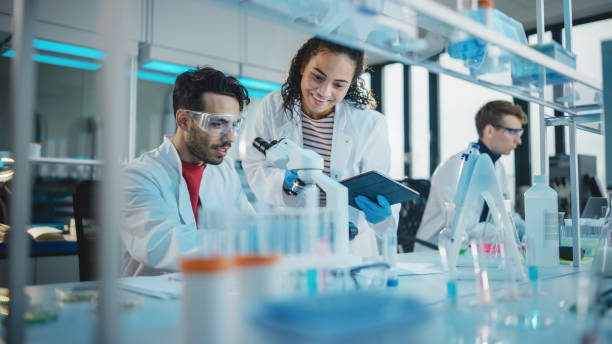
Glutathione (GSH)
Glutathione (GSH) is a tripeptide composed of glutamic acid, cysteine, and glycine, featuring a thiol group on the cysteine residue. It serves as a potent antioxidant and detoxifier within the human body. The thiol group on cysteine (hence often abbreviated as G-SH) readily binds with drugs like paracetamol, toxins such as free radicals, iodine acetate, mustard gas, as well as heavy metals like lead, mercury, and arsenic, exerting significant detoxifying effects. Particularly within liver cells, glutathione participates in biochemical transformations that convert harmful substances into harmless ones, facilitating their elimination from the body and contributing to maintaining normal immune system function.
The physiological benefits of glutathione include:
-
Involvement in Redox Reactions: Acts as a crucial reducing agent in various intracellular redox reactions.
-
Protection of Thiol Enzyme Activity: Maintains the -SH active group of thiol enzymes in their reduced state.
-
Stabilization of Red Blood Cell Membrane Structure: Mitigates oxidative damage to the structure of red blood cell membranes.
-
Detoxification: Binds with toxins or drugs to reduce their toxic effects.
In the realm of skincare and beauty, glutathione is hailed as a "scavenger" and "caretaker" of skin free radicals. It possesses multifaceted skincare benefits, including:
-
Melanin Inhibition and Spot Reduction: Studies indicate that glutathione inhibits melanin production by influencing the activity of tyrosinase in skin cells, thereby reducing existing melanin and preventing new spots.
-
Antioxidation: Exhibits potent antioxidant effects, clearing free radicals within the body, accelerating cell metabolism, and promoting the formation of new cells, effectively delaying cell aging.
-
Skin Whitening: Indirectly regulates the switch from eumelanin to pheomelanin production. This adjustment affects skin coloration—enhancing whiteness and brightness. Glutathione acts by reacting between thiol and quinone to transfer melanin production from eumelanin to pheomelanin.
-
Enhanced Immunity: By maintaining the integrity of the body's antioxidant defense system, glutathione boosts immune function and combats the effects of aging on cells, particularly benefiting older individuals.
Glutathione plays a pivotal role in the biochemical defense system of the human body, effectively neutralizing excessive free radicals generated during metabolic processes. Its unique structure with an active thiol group (-SH) makes it a primary scavenger of free radicals within the body. For instance, when a small amount of H2O2 is generated within cells, glutathione, catalyzed by glutathione peroxidase, reduces H2O2 to H2O, oxidizing itself to GSSG. This oxidized form, GSSG, is then reduced back to GSH by glutathione reductase present in the liver and red blood cells, ensuring continuous clearance of free radicals within the body.
Furthermore, glutathione protects hemoglobin from oxidation by hydrogen peroxide and other oxidants, thereby preserving its ability to transport oxygen. Its presence in red blood cells is critical for maintaining the -SH group of proteins on the red blood cell membrane, preventing hemolysis. Glutathione also supports enzyme activity by protecting -SH groups within enzymes and restoring their functional activity post-damage. It has been shown to mitigate the adverse effects of ethanol on the liver, and it provides robust protection against conditions like leukopenia caused by radiation or radioactive drugs. Glutathione's ability to bind with toxic compounds, heavy metal ions, or carcinogens entering the body promotes their excretion, effectively neutralizing their toxic effects.
